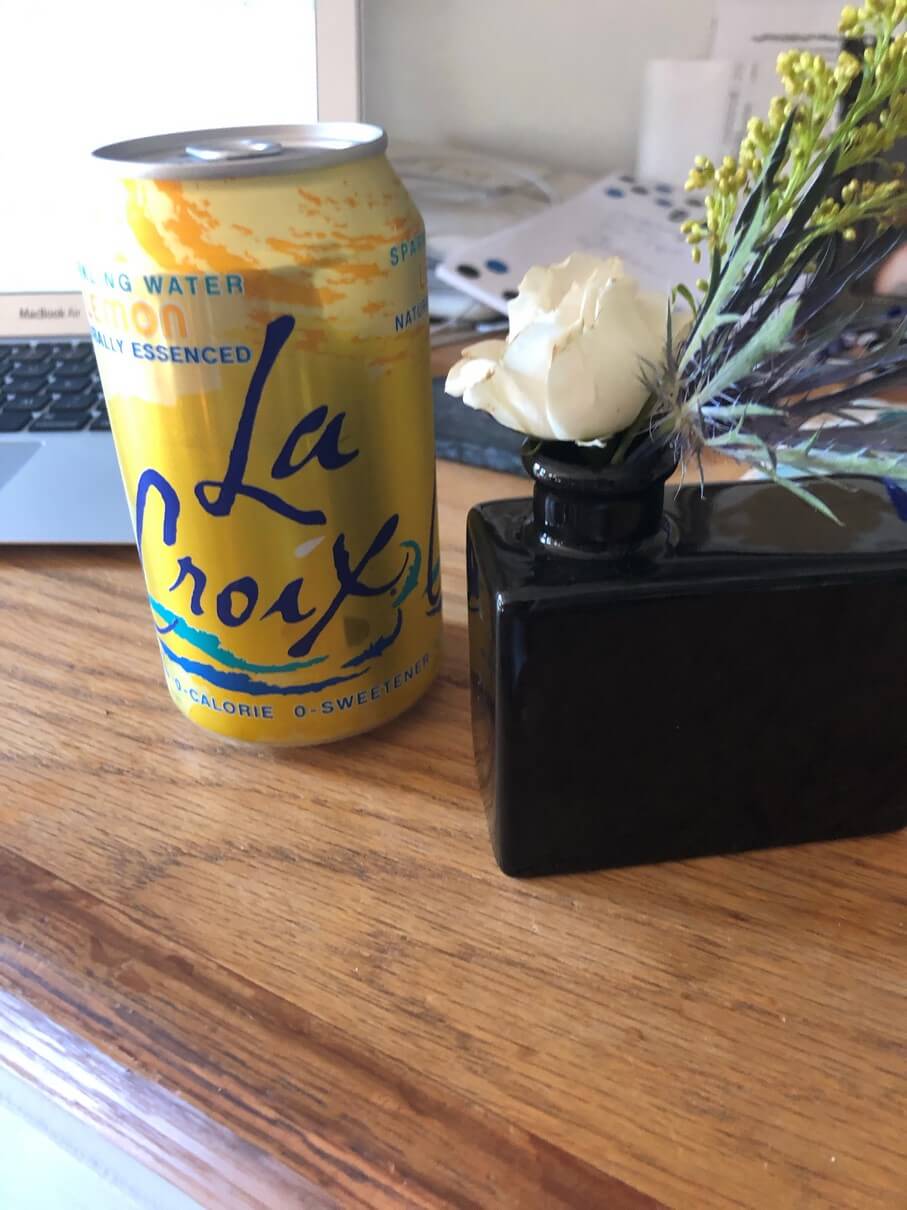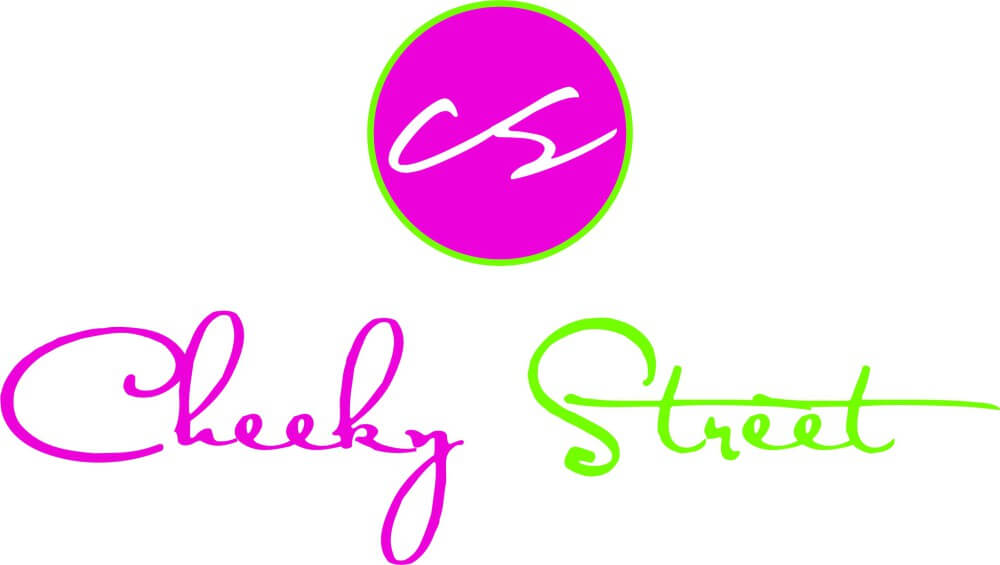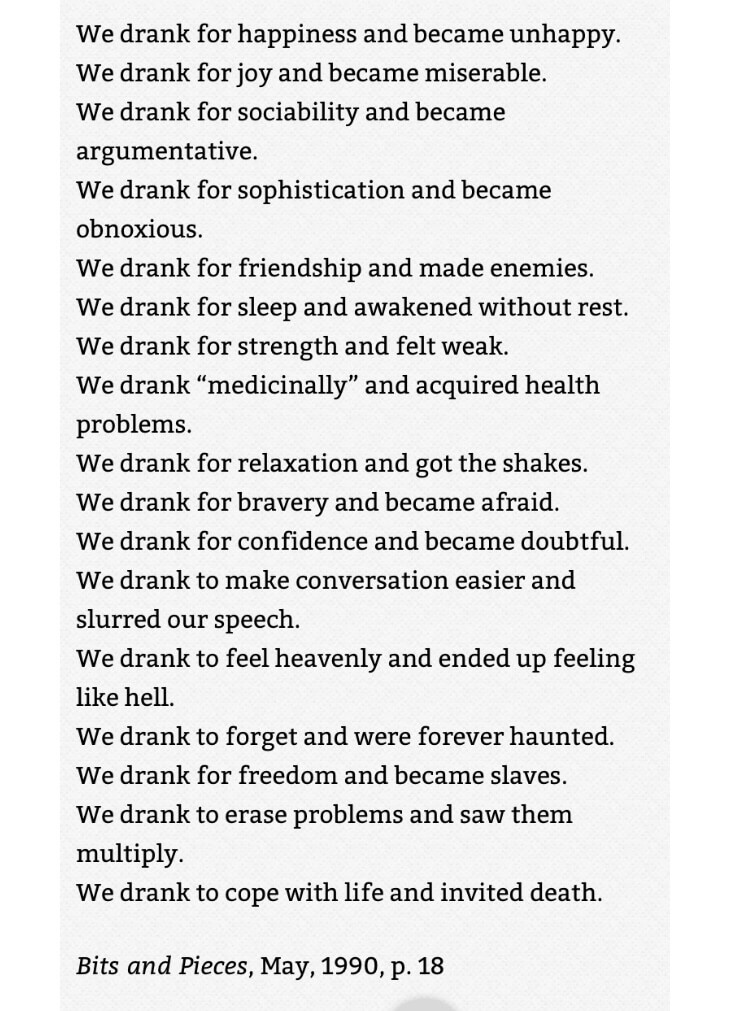I woke up excited today. It’s my 5th Sober Anniversary. Reaching a point in my life where I am more excited about all the “yet to be’s” feels like an undeserved gift. On this day each year, I remember my struggle thinking about what a sober life might feel like, because I knew that none of the dreams I had would be possible without shedding the lifestyle and path I was on.
First, I have to disclose that I had 2 glasses of wine – both on separate occasions – the summer of 2018. My Sober Coach called it a “relapse,” which made me extremely angry for a long time because I didn’t want to throw away the previous 3 years of sobriety I had earned and start from scratch. I couldn’t figure out an honest way to concede the setback while creating a plan to move forward. The relapse shone a light on important things I wasn’t paying attention to: while sober, I wasn’t doing anything positive to sustain my health (my nutrition was way out of whack and I wasn’t exercising at all). I was in a major midlife transition – getting one child off to college and supporting another one through the final push of high school – with the dreaded, purposeless “empty nest” looming. Fear and anxiety gripped me as I tried to envision a future self that was not primarily mothering. What’s left, then? I think all of these stressors combined led to the idea that drinking a little wine again was an okay choice for me.
Brene Brown brilliantly summarizes midlife in one word: an “unraveling.” As a woman of this age, I am in a particularly vulnerable population susceptible to alcohol use disorder. We’re the fastest growing group of alcoholics in America. It takes effort to recognize the desire to pull away from the “rose all day” crowd – to create and stick to a plan to sustain an alcohol-free life. I’m not blaming my relapse on menopause but I’m not lying when I tell you I was blindsighted by the upheaval all the changes I could not control presented in my life. It was brutal. And I’m still angry because I think women deserve to be better prepared for it than we are. Looking back, I was searching for support, information and relief from the dozens of symptoms needling away at my quality of life for years. I was offered mare piss and a few breathing exercises to get through it. And many of my women contemporaries were drinking and divorcing their way through it. How does one navigate the biggest storm of one’s life and stay sane, married and sober? I had to create the plan that worked for me.
Here are the foundations of my personal recovery program:
Mindfulness Buddhist Nun Pema Chodron’s “Getting Unstuck” work on learning to sit with discomfort to avoid reacting to painful situations with harmful habits. We have to learn not to run away from difficulty and instead allow it to transform us. The Buddhist paradox that by refraining from our urge to scratch/avoid suffering, great peace and happiness is available. Discovering and harnessing the healing and calming power of your breathing can immediately turnaround an impulse to do or say something you will undoubtedly regret later. Many people in recovery find this through a yoga practice.
Connection Journalist Johann Hari Ted Talk, “Everything You Think You Know About Addiction is Wrong. https://www.ted.com/talks/johann_hari_everything_you_think_you_know_about_addiction_is_wrong?language=en The story we have been told about addiction is wrong – people don’t choose drugs because the experience is pleasurable. Our nature as human beings is to bond and connect. People choose drugs primarily to numb their feelings of isolation. What if addiction isn’t about the chemical hooks but rather is an adaptation to your environment? He concludes that a core part of addiction is not being able to bear being present in your life without meaningful work and relationships. The opposite of addiction isn’t sobriety it is connection. We find connection through purpose. In midlife, this is a challenge for many. I have had to soul search long hours and then ask for confidence to move forward and pursue what lights my soul on fire. It is happening for me now but it wouldn’t have had I stayed on my couch just hoping my life would change.
Balance Nutritionist Jolene Park’s Ted Talk, “Gray Area Drinking”https://www.youtube.com/watch?v=wvCMZBA7RiA You don’t have to hit “rock bottom” for drinking to be problematic. Gray Area Drinking pattern of stopping and re-starting drinking. More than likely, people who fall in this category are not talking about it with anybody. What leads people who fall into gray area drinking spectrum is untreated anxiety – the desire to reach for the “off switch” to release stress. “We don’t need any more cognitive hoops to jump through or ways to contort our willpower in an effort to fix ourselves. What we need is practical training on how to nourish our nervous system in a revolutionary and new way.” While Gray Area Drinkers may be able to stop drinking for prolonged periods of time, it is nearly impossible to sustain without understanding neurotransmitters and how to replenish them and nourish our nervous system in a comprehensive way. There are specific foods, movements and lifestyle practices that have very direct and immediate roles in boosting all our our neurotransmitters. Completely by accident, I found a chiropractor who has become a friend and nutrition and mindset coach/ally. She has given me tools to sustain this new path I am forging whereas before, there was no energy for anything other than the miserable status quo I had accepted because I was eating and thinking the wrong things. And allowing the wrong people room in my head. I see Dr. Ang for regular chiropractic adjustments and get back far more in return. She’s become part of my essential recovery team.
Support I found a Sober Coach with decades of experience and knowledge I talk to every Monday. In fact, I am about to head to my driveway for a FaceTime with Mary in my Prius in a few moments. She is so familiar with my history, challenges and personality, she has been able to provide the perfect amount of support, inspiration and camaraderie I need to stay the course in my sobriety journey. Support looks different for everyone, there is absolutely no single way to find it. Mary has helped me build self-confidence that menopause shattered and I am on a path of creating new friendships in a life I am deeply proud of and committed to.
In the early days of sobriety, I did not understand how to continue to fully give myself to my family to support their needs while having enough left over to navigate midlife. I became exhausted, exasperated and hopeless. In my “black and white” thinking, there wasn’t room for both so I just tried to keep neglecting and ignoring my own needs. That’s where the trouble had begun so many years earlier. Women are conditioned to believe it is selfish to put themselves first, and I think it was this internalized message that led to all the upheaval in my midlife transition to begin with.

A pivotal moment for me in this journey was an afternoon yoga and journaling workshop I took with Becky Vollmer, founder of “You Are Not Stuck” (https://youarenotstuck.com). She invited participants to go back as far as we wished in our lives and imagine ourselves at a time when we were genuinely excited about becoming who we most wanted to be. What did that person look like, how did she feel about herself and her future, what kinds of choices did she make? The experience transported me to my pre-teen years. A kid with a pixie cut in overalls who wrote plays, rode a dirt bike and dreamed of one day raising a family and having a writing career. I discovered she’s still there, she’s just been hidden by years of “shoulds” and fear of failure.
Anybody who has been in recovery for more than a few months will tell you it is a remarkable journey back to one’s authentic self. Aren’t you worth rediscovering?


